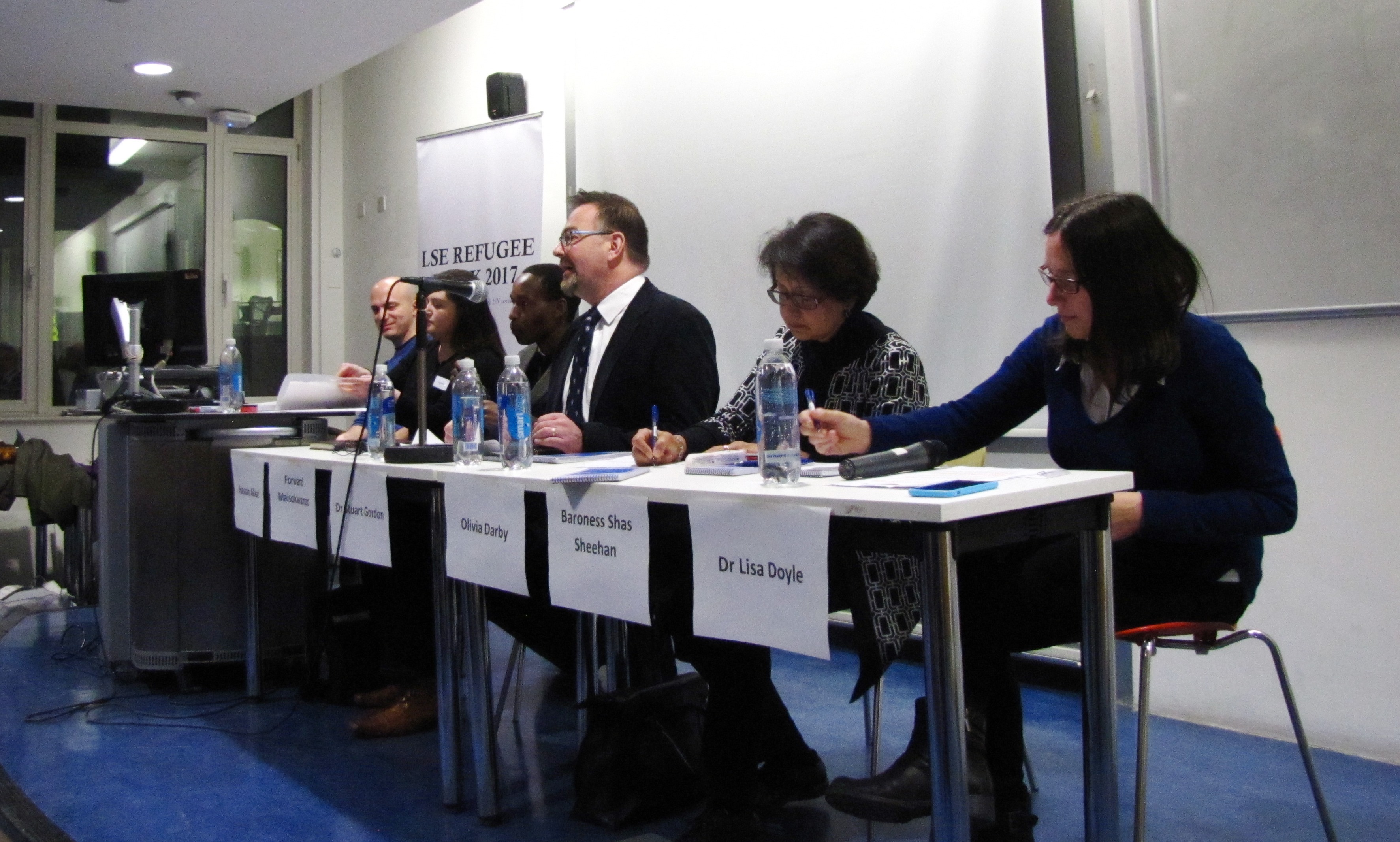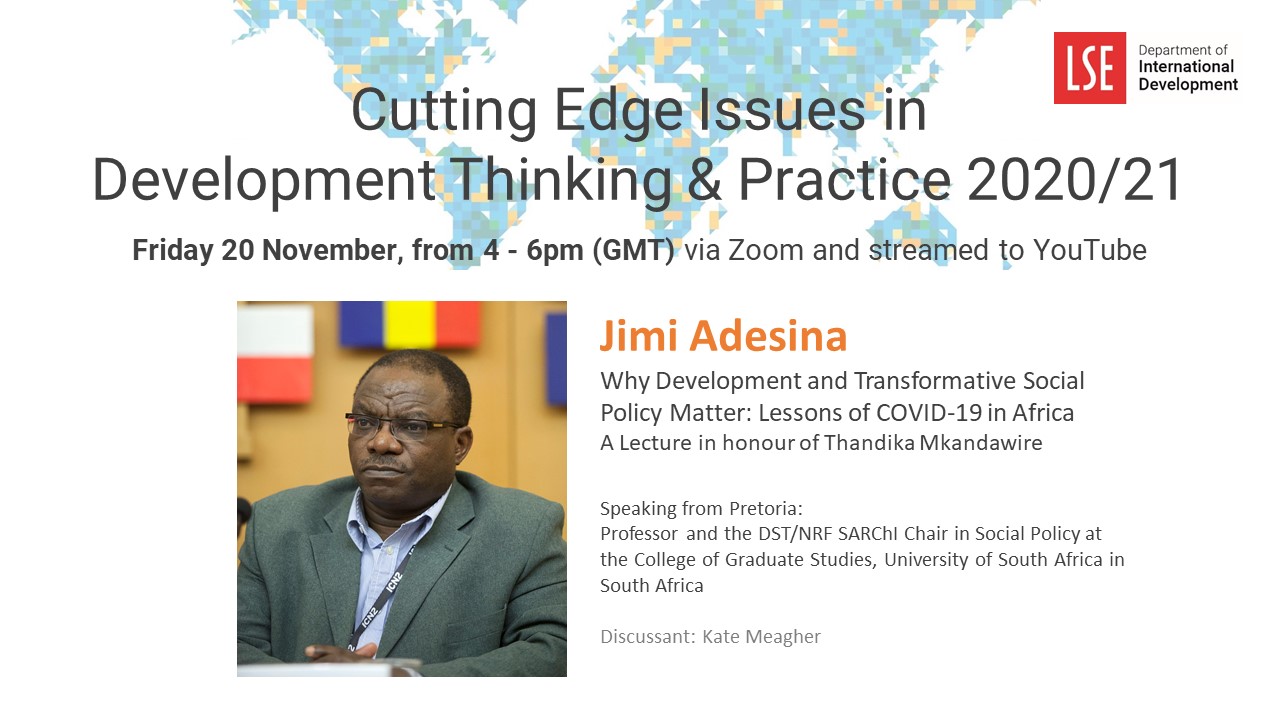GDP has been relied upon at every turn by the coalition government to demonstrate the credibility of its ‘long-term economic plan’. Ahead of the general election, LSE alumnus Philipp Lepenies will question how GDP came to be indispensable as the indicator for progress, and demonstrate why any attempt to reduce the impact of this figure on policy needs to start by understanding how it came to occupy the throne in the first place.

The Power of a Single Number: a political history of GDP
Tuesday 28 April 2015, 6.30-8.00pm
Venue: Wolfson Theatre, New Academic Building
Speaker: Dr Philipp Lepenies, IASS Potsdam
Chair: Professor Robert Wade
[jwplayer player=”1″ mediaid=”1506″]
Download Podcast | Download Slides
About the event
GDP is the most powerful statistical figure in human history. It is much more than a simple measure of the value of the produced goods and services of a country. It is the main indicator for progress, well-being, power and development. Any problem that modern governments attempt to solve – from climate change to economic crises – revert to an approach that revolves around GDP.
But why is this so? How could a statistical figure that was completely unknown before World War II triumph in such a fashion? Philipp Lepenies tackles these questions in his presentation of the political history of GDP, showing how it became universally indispensable for politics and politicians.
It’s a topic that now has extra prominence given the role that GDP and growth still play in development discourse. Various international initiatives on an unprecedented historical scale are searching for alternative measurers of progress that are to “dethrone” GDP and lessen the degree to which it monopolizes politics.
Dr Lepenies contends that the first and most important step in this endeavour is to be conscious of how and why GDP came to sit so firmly in the saddle – and why earlier attempts to change this have been in vain.
About the speaker
Dr Philipp Lepenies is an economist and political scientist. He was awarded the MSc in Development Studies from LSE in 1998 (with distinction), and also holds a PhD from the Free University of Berlin and a “Habilitation” from the Goethe University in Frankfurt.
After his doctorate, he worked as a project manager for one of Germany’s largest bilateral aid agencies and was in charge of projects in Asia and Latin America. Since 2012, he has led the research department at the Postdam-based Institute for Advanced Sustainability Studies (IASS), which analyses the process of how economic ideas are translated into politics.
He has published a book on the topic of his talk with Suhrkamp in Germany. An English version is due this year with Columbia University Press.
Suggested hashtag for this event for Twitter users: #LSEGDPhistory
This event is free and open to all with no ticket or pre-registration required. Entry is on a first come, first served basis. For any queries, email k.mcdonald@lse.ac.uk or call 0203 486 2626.





